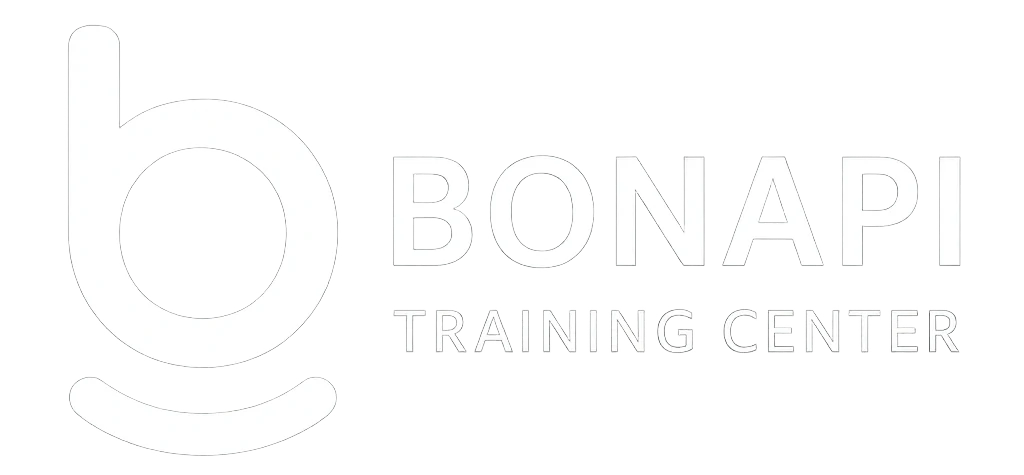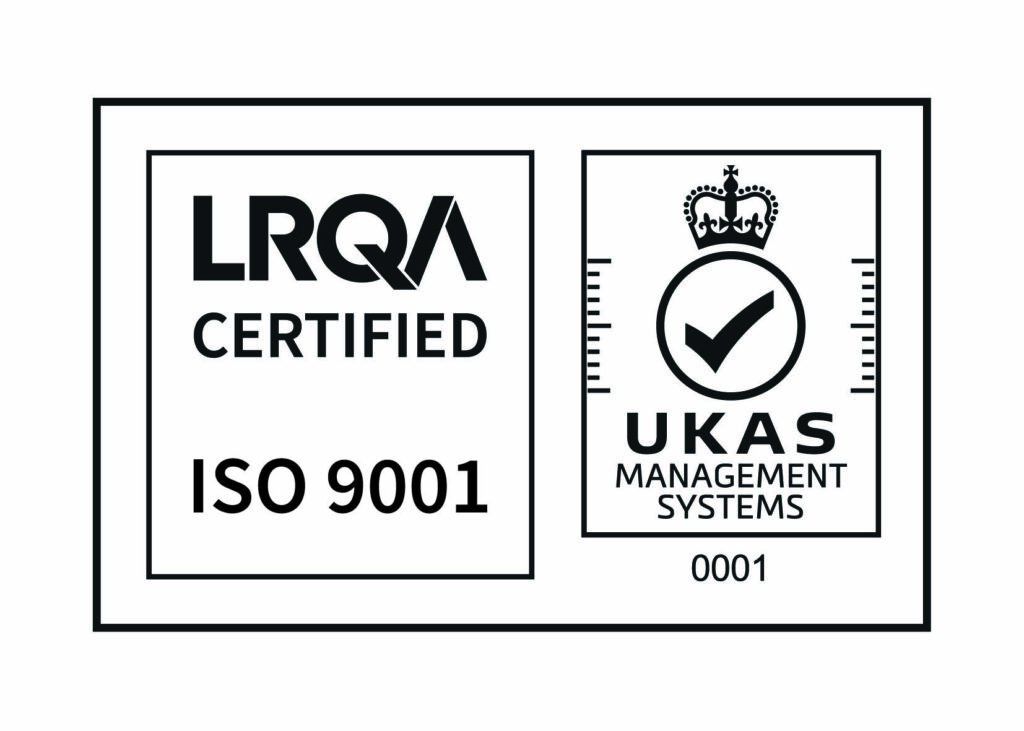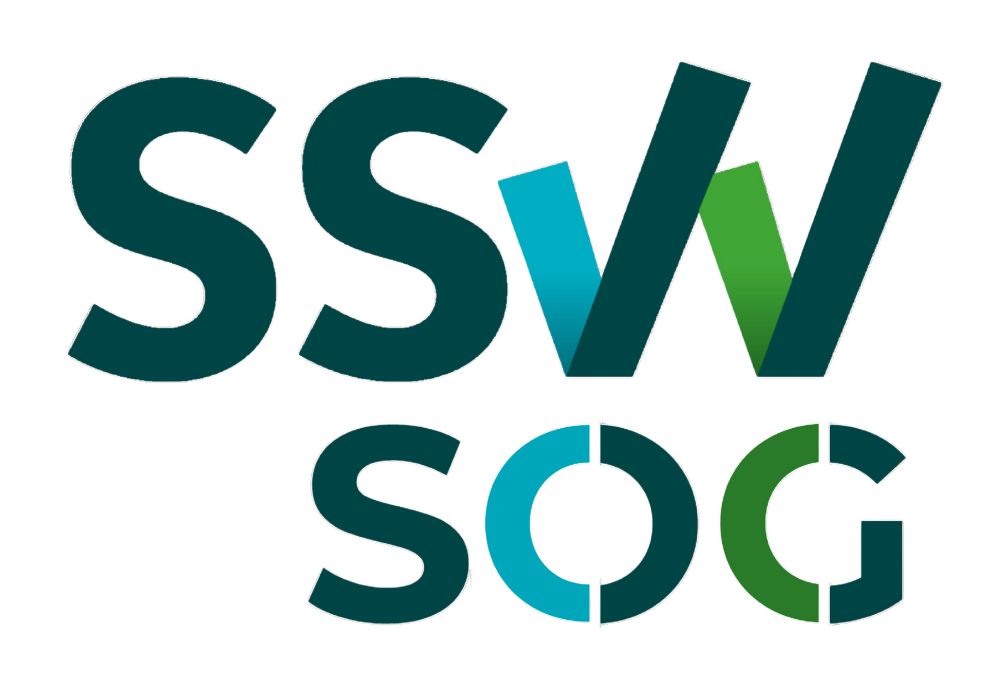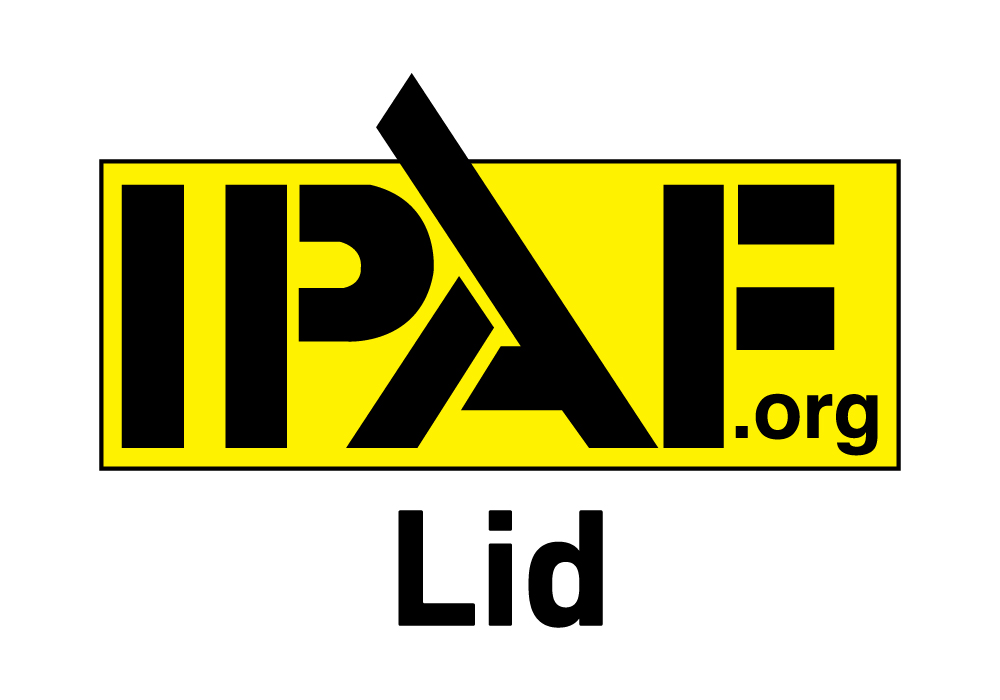Working abroad is not just about new job responsibilities and daily challenges—it’s also a chance for personal growth. One of the most important aspects of that growth is learning the local language. For those living and working in the Netherlands, learning Dutch can significantly improve quality of life, boost career prospects, and help with integration into the local community. In this article, we’ll share practical tips on how to realistically and effectively learn Dutch while balancing a full-time job abroad.
How to start learning Dutch
Starting can feel overwhelming—Dutch sounds unfamiliar and the pronunciation is unlike any of the more commonly known languages. The key is regular practice and choosing methods that match your lifestyle. A good way to begin is by learning basic phrases useful at work and in everyday situations. Even just 15 minutes a day can lead to quick results if you’re consistent and use a variety of resources.
Good places to start include mobile language-learning apps (like Duolingo, Babbel, or Mondly), listening to Dutch podcasts with transcripts, watching simple TV shows or movies with subtitles, and using flashcards to build essential vocabulary.
How to learn when your time is limited
For many, the biggest challenge is finding time between work, home responsibilities, and general fatigue. That’s why short but regular learning sessions are so important—even 10 minutes a day makes a difference. Micro-learning works well: study during breaks, while commuting, cooking, or walking. Thanks to mobile apps and podcasts, you can learn “on the go” without needing to sit down with a book.
Try to combine passive learning (listening, watching) with active learning—saying words out loud, writing down new vocabulary, or speaking, even if it’s just to yourself. The more you speak, the sooner you’ll overcome the language barrier.
Make use of what’s around you
One of the biggest advantages of learning a language abroad is being immersed in it. Living in the Netherlands means daily exposure to real conversations, materials, and context. Use what’s around you—read product labels, listen to coworkers, tune into the radio, or look at notices at bus stops.
Don’t be afraid to ask Dutch people what words mean, to try ordering something in Dutch, or to use simple phrases at the store. People generally appreciate the effort and are happy to help—and you get to learn in a real-world setting.
Language courses—are they worth it?
If you have the opportunity, it’s worth enrolling in a Dutch course, even a weekend or online one. Many employment agencies offer subsidized or even free classes for temporary workers. Courses provide not only structure and motivation but also access to a teacher and chances to practise speaking with others.
More and more language schools in the Netherlands offer classes tailored to working foreigners, with evening or weekend schedules that fit around your job.
Seasonal work in the Netherlands? Get your VCA certificate first
Many seasonal jobs in the Netherlands – especially in construction, industry and logistics – require a valid VCA certificate. Take the Basic VCA course in Polish and improve your chances of getting hired. Available online and on-site!
Focus on practical content
Don’t waste time on textbook grammar that has no real-life application. Focus instead on the vocabulary and phrases you actually use—at work, at home, while shopping, or talking to neighbours. Write down new words and try to repeat them often—the more you use them, the better they’ll stick.
A helpful idea is to create your own mini-dictionary with the most commonly used words in your daily life—for example, terms related to your job, tool names, body parts, or everyday questions.
Don’t be afraid of making mistakes—just speak
The most common mistake learners make is being afraid to speak. Fear of getting it wrong holds many people back. But no one expects you to be perfect—what matters is that you try. The more you speak, the faster you’ll improve. Many people start with simple sentences, mix languages, and still manage to become fluent over time.
Remember!
You don’t need loads of free time or perfect conditions to learn Dutch while working abroad. What you need is motivation, consistency, and a bit of creativity. Make the most of what’s around you, study a few minutes every day, and don’t be afraid to speak—even if you make mistakes. Over time, you’ll find that Dutch is no longer a barrier, but a useful tool for a better life in the Netherlands.










